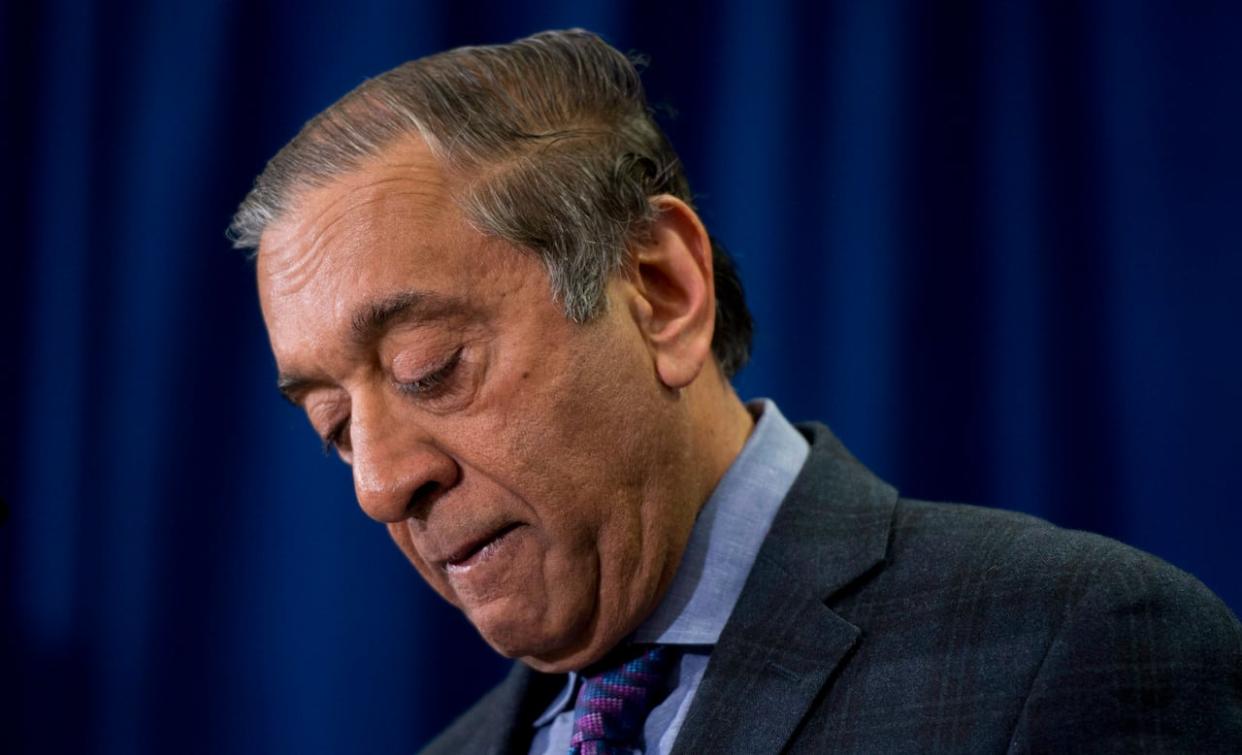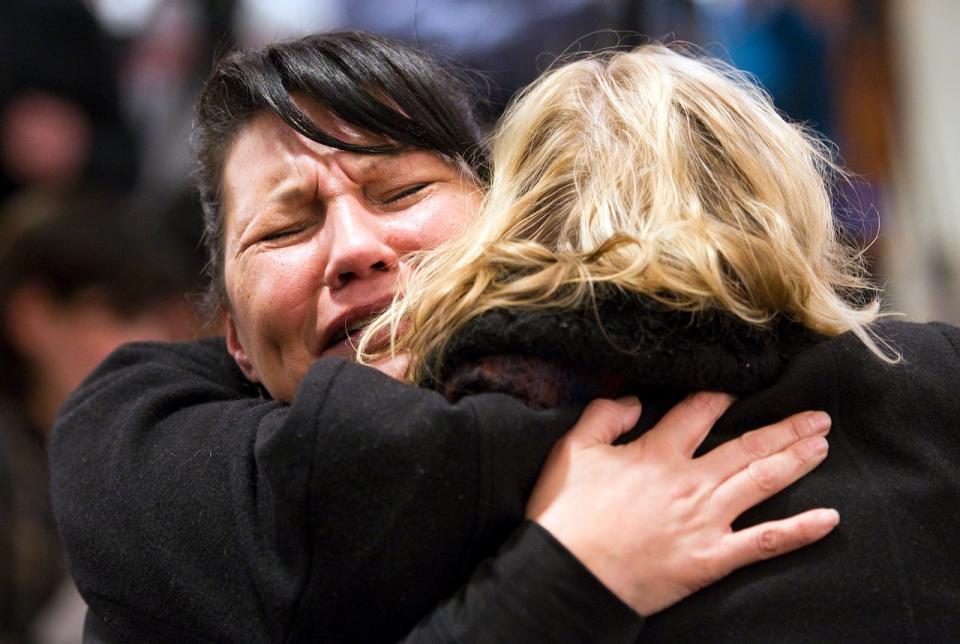Death of serial killer Robert Pickton sparks sombre reaction

WARNING: This article contains details about violence against Indigenous women.
News that Robert Pickton had died came as no surprise to the man who spent three years examining how police mishandled investigations into the notorious serial killer.
Wally Oppal was commissioner of the Missing Women Commission of Inquiry that ran from 2010 to 2012.
Speaking on CBC's On the Coast, Oppal said, as a serial killer in a maximum-security prison, Pickton was "vulnerable."
"There's always someone who would want to take a run at Pickton with his notoriety, so, I'm not surprised he was attacked and that he died," said Oppal.
Pickton, 74, was viciously attacked by another inmate at the Port-Cartier Institution, about 480 kilometres northeast of Quebec City, on May 19. He died in hospital of his injuries on Friday after being in a drug-induced coma for almost two weeks.
In his final report, Oppal concluded that police made many mistakes, including repeatedly ignoring reports of missing women who were victims of Pickton, because they were poor, Indigenous in many cases and living with addiction.

A woman breaks down down during Wally Oppal's remarks, shortly after the Missing Women's Commission of Inquiry was made public in Vancouver, B.C., Dec. 17, 2012. (Ben Nelms/Reuters)
Pickton was convicted in 2007 of six counts of second-degree murder, but is suspected of killing many more women who went missing from Vancouver's Downtown Eastside. He once bragged of killing 49 women.
"We do know that he was the largest [serial killer] in Canadian history. We know that he killed at least 49 women, probably close to 100. We also know that the whole Pickton saga can be summed up as a story of egregious police errors and public indifference," said Oppal.
"There were something like 57 articles in the print media in the Lower Mainland asking where are these women who have gone missing without any apparent evidence of foul play. But nobody cared about them."
The cousin of Tanya Holyk, who was named as one of Pickton's victims, said she felt a mix of emotions when she learned of his death.
"[I'm] sad because I miss my cousin," Lorelei Williams said. " I felt like there was justice. Guilty for feeling happy. But happy. I'm very happy."
Speaking to CBC News after Pickton's prison attack, Tammy Lynn Papin, sister of victim Georgina Papin, said she felt relief.
"I said, 'Good for him, he deserved it.' I don't wish any harm on anybody but — karma, you know?"
Georgina Papin's remains were found at Pickton's Port Coquitlam, B.C., pig farm, about 20 kilometres east of Vancouver, along with the remains and DNA of 32 others.
In a statement Premier David Eby said his thoughts were with the families of the victims.
"For some, the death of this notorious serial killer may bring closure and for others it will reopen old wounds. It is a difficult day for anyone who lost someone they loved because of his cruelty and heinous crimes," he said. "Good riddance."
Mike Farnworth, Minister of Public Safety and Solicitor General, also said the news may bring a sense of closure for some.
"That pain is still being felt today for the families of the victims, and our entire community," said Farnworth, who is also the MLA for Port Coquitlam.


